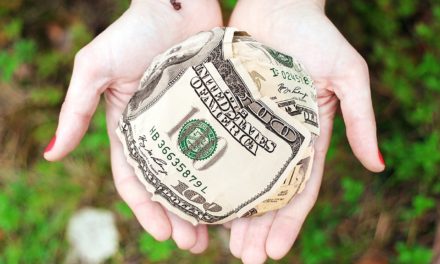Debt Consolidation and Settlement
You may qualify to Consolidate or even Eliminate Debt - Apply Today!
Credit Cards & Personal Credit Lines
Transfer your Balance or Increase your Limit for a Better Credit Score
Credit and your credit rating, and finance in general, are pretty complex. Ideally, we’d never need to worry about credit, because we’d all like to have enough money to buy whatever we want, whenever we want it with cash that we have to hand. Unfortunately, that’s rarely the case – especially when it comes to buying a new home or another big purchase like a car. For some of us, keeping on top of the bills is also a case for credit, because bills often go out before you get paid.
What this means is that for most of us, we’ll need to get a good credit rating. Doing so can be tricky, because like we’ve said, credit and credit ratings are complex.
To get a good understanding of how to improve your credit rating, you need to understand the components of a credit rating score. Then you can work on each of these things, either simultaneously or in turn. This article will explain to you what these components are and how they work.
The Five Major Components to Any Credit Score
These are the five biggest components of your credit rating.
Payment History
When most people think of a credit score – this is what they’re thinking! Your payment history is the biggest determinant of your credit score by far. It accounts, usually, for 35% of your credit rating. This rating is based on your past debts and your payment of them. Got a mobile phone plan? Every month you pay that bill on time, you’re building a track record of paying your debts on time, and thus you increase your chances of receiving credit from lenders. This is important, and is easy to do as well as something that most of us have to do, so get on top of this first.
Protect Your Identity
Don't let all Your Hard Work go to Waste, Protect Your Identity Today!
Debt Management Resources
Take Control of Your Debt and Pay It Off Faster with Helpful Debt Resources
Utilization of Credit
Your credit utilization is almost as big a deal as your payment history. Yet few people even know what it is!
We all know that one person who gets a new credit card and maxes it out. They’ll see “$1000 limit” and spend $998 and figure that they’ll just pay it off monthly. You might be that person, and you shouldn’t be.
Credit utilization is how much credit you use – and the more you use, the more you look like a risk to the people who lend you money.
Don’t give in to temptation. Only borrow what you need.
Credit History Length, New Credit and Credit Mix
These are smaller parts of the overall picture, but they all count, (Usually at 15%, 10% and 10% respectively.)
These all are various considerations regarding the age of your credit history. Think about it this way. Who looks better:
Someone who has a range of credit debt that follows the above rules and pays their bills off monthly over the course of several years, or
Someone who out of nowhere applies for fifteen credit cards with a limit of $2000 each?
The second is going to scare lenders. You ideally want to have a range of different credit applications (e.g. bills, mortgage, car payments) and have these over a certain length of time (which we discussed.) Finally, you want to avoid seeking out a ton of new credit at the same time.
Debt Consolidation and Settlement
You may qualify to Consolidate or even Eliminate Debt - Apply Today!
Credit Cards & Personal Credit Lines
Transfer your Balance or Increase your Limit for a Better Credit Score




